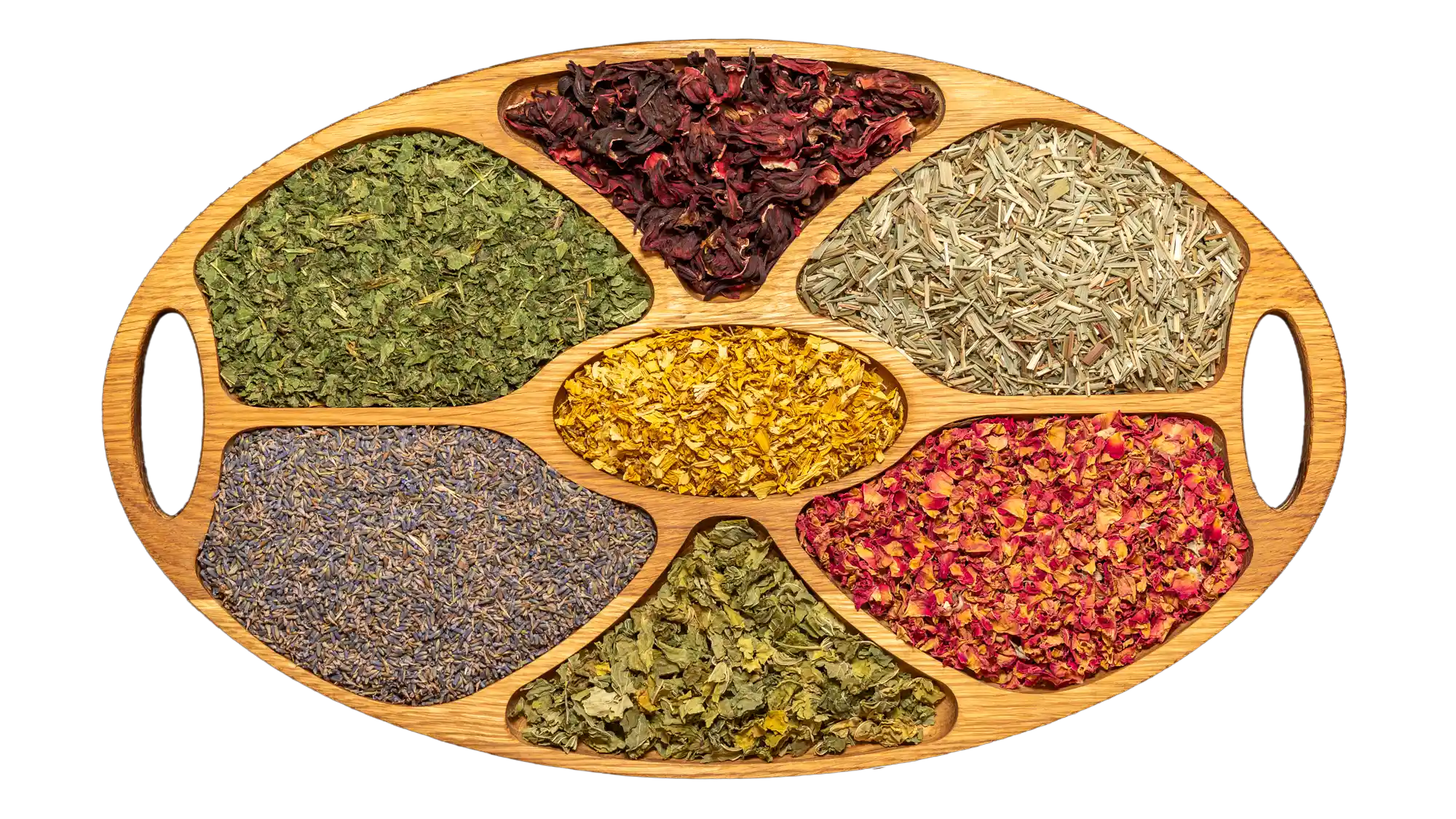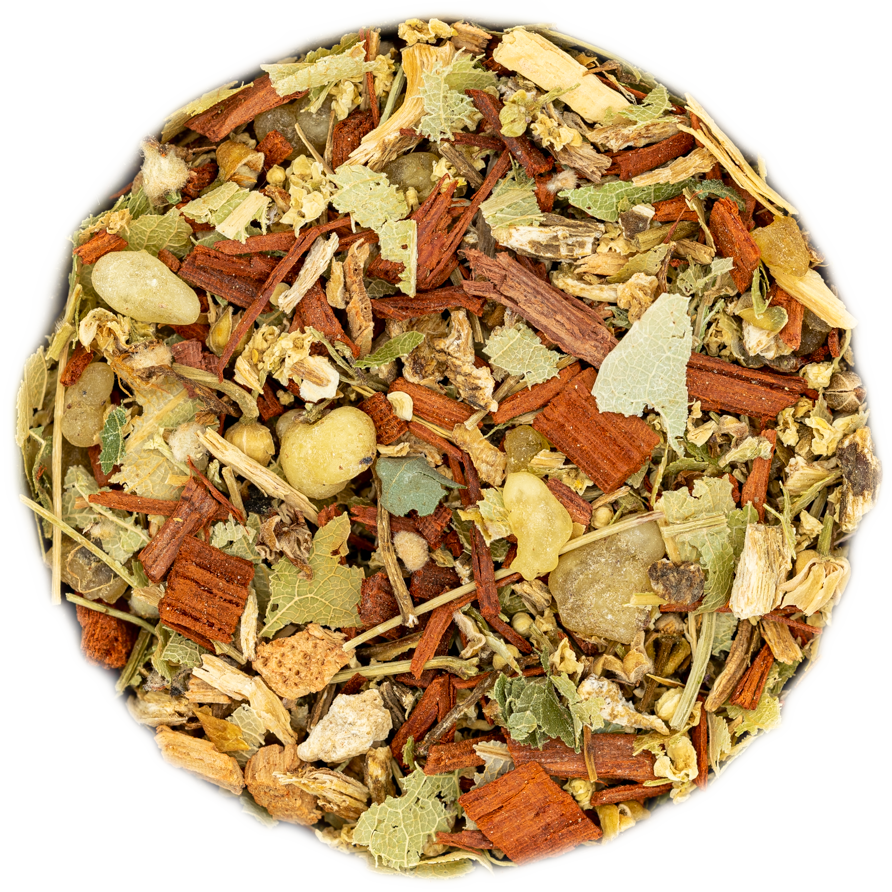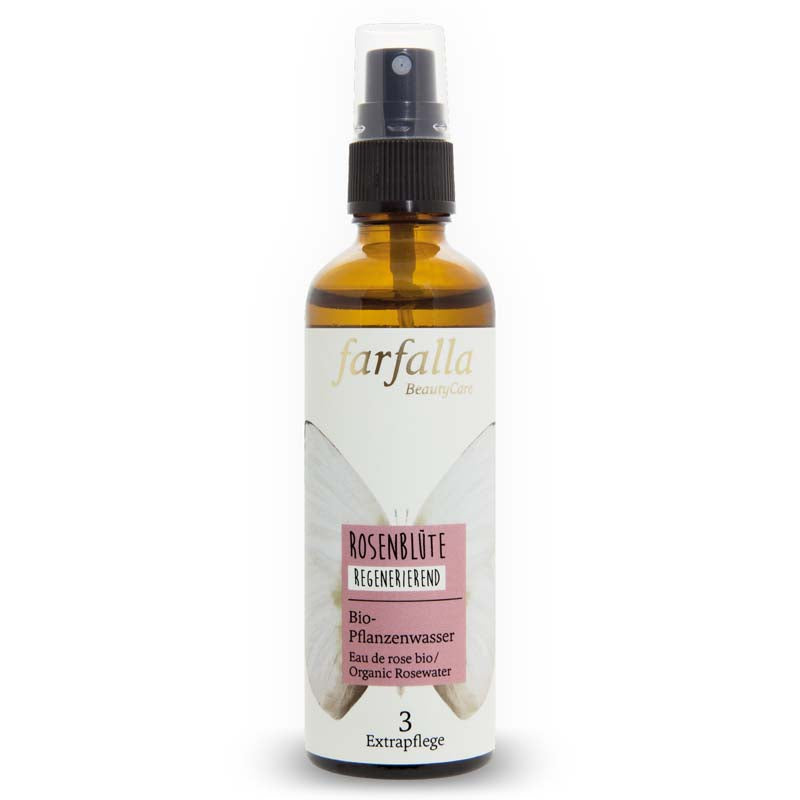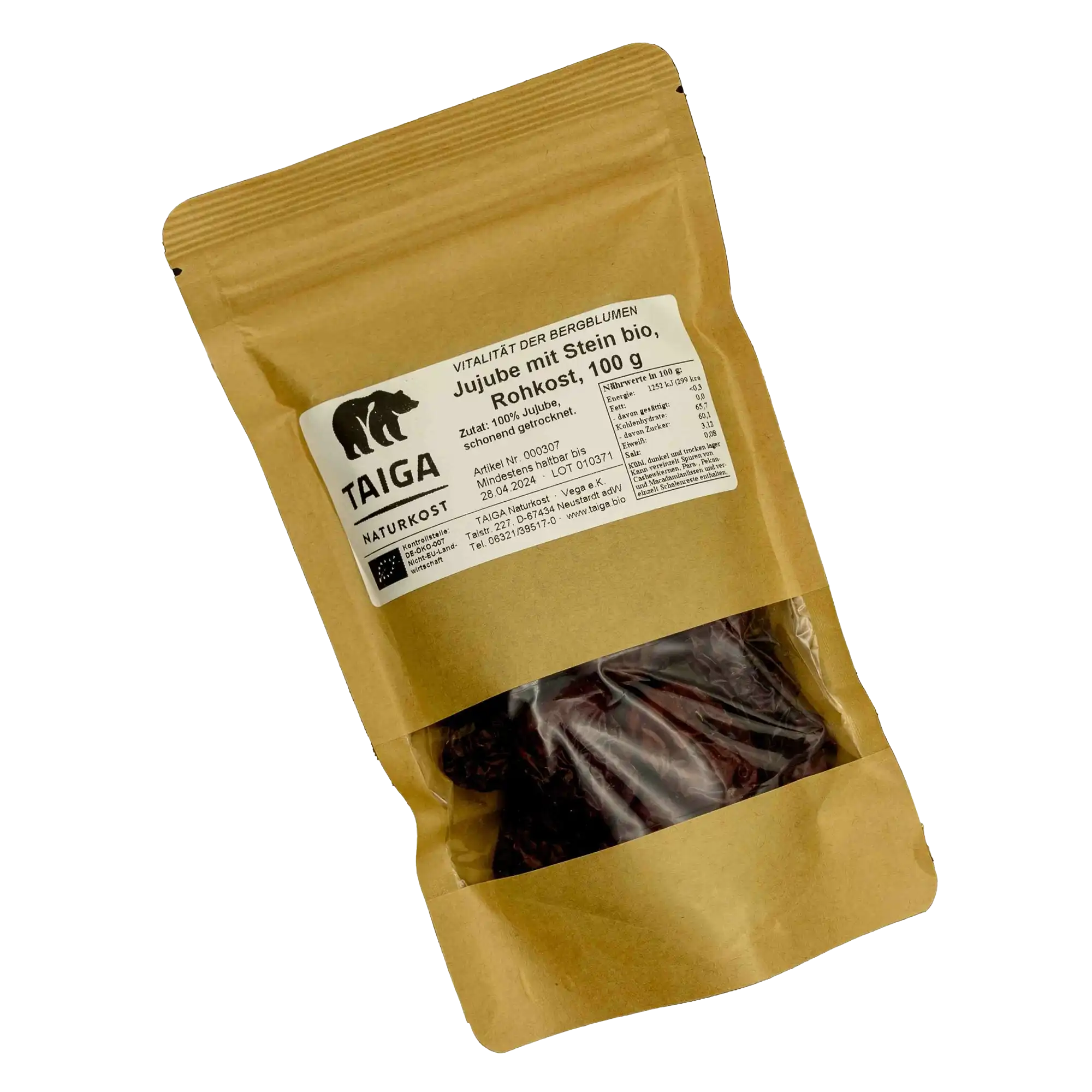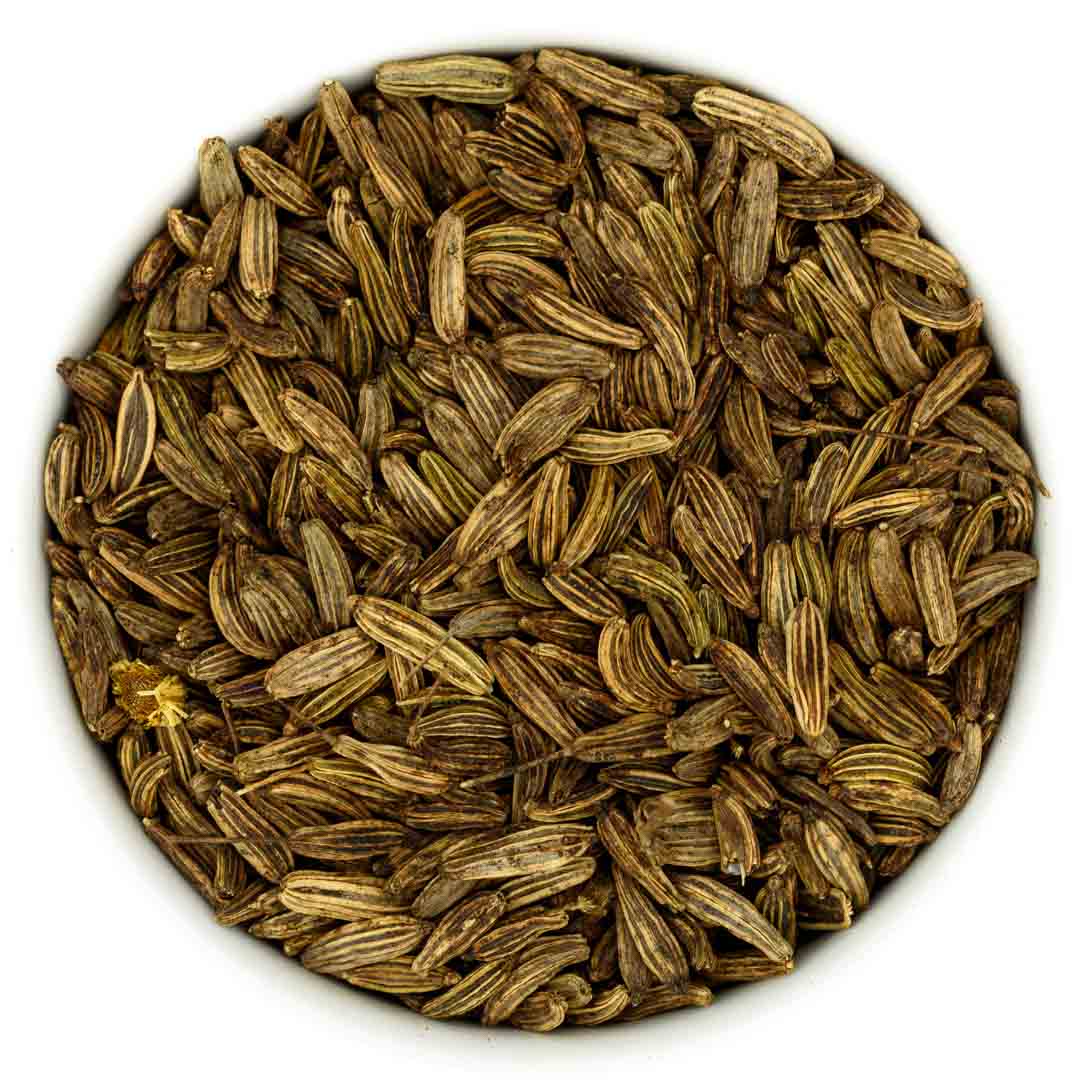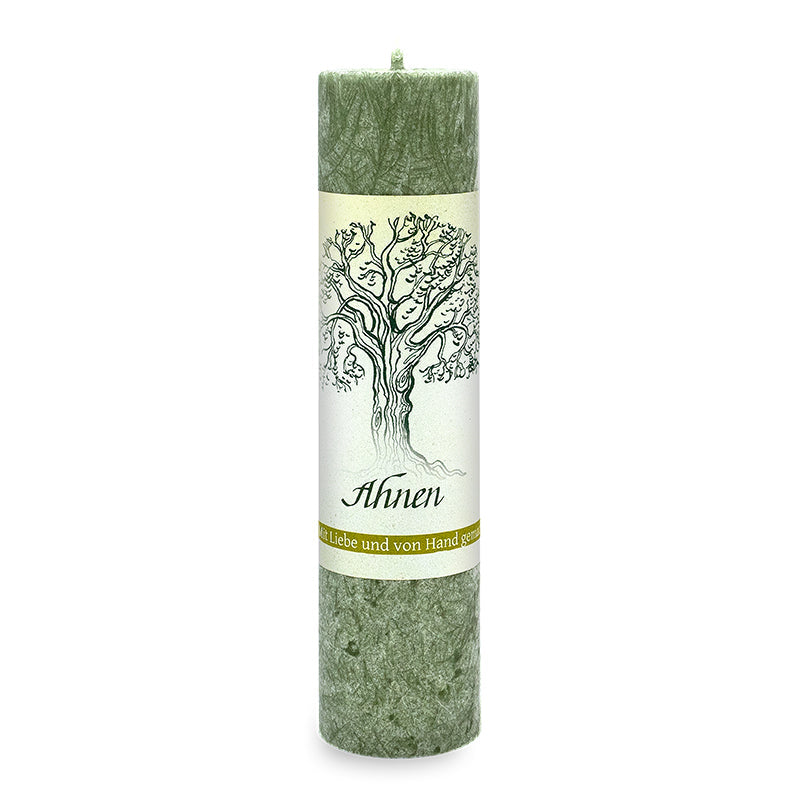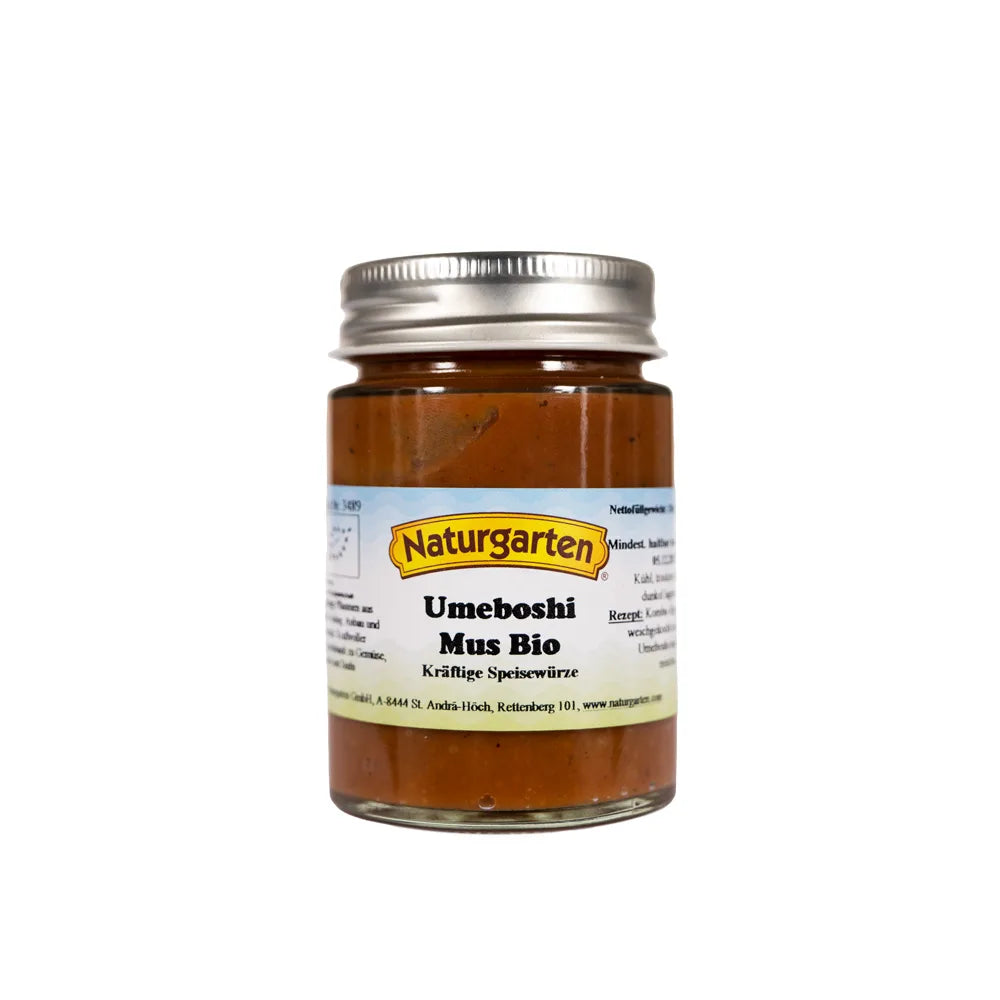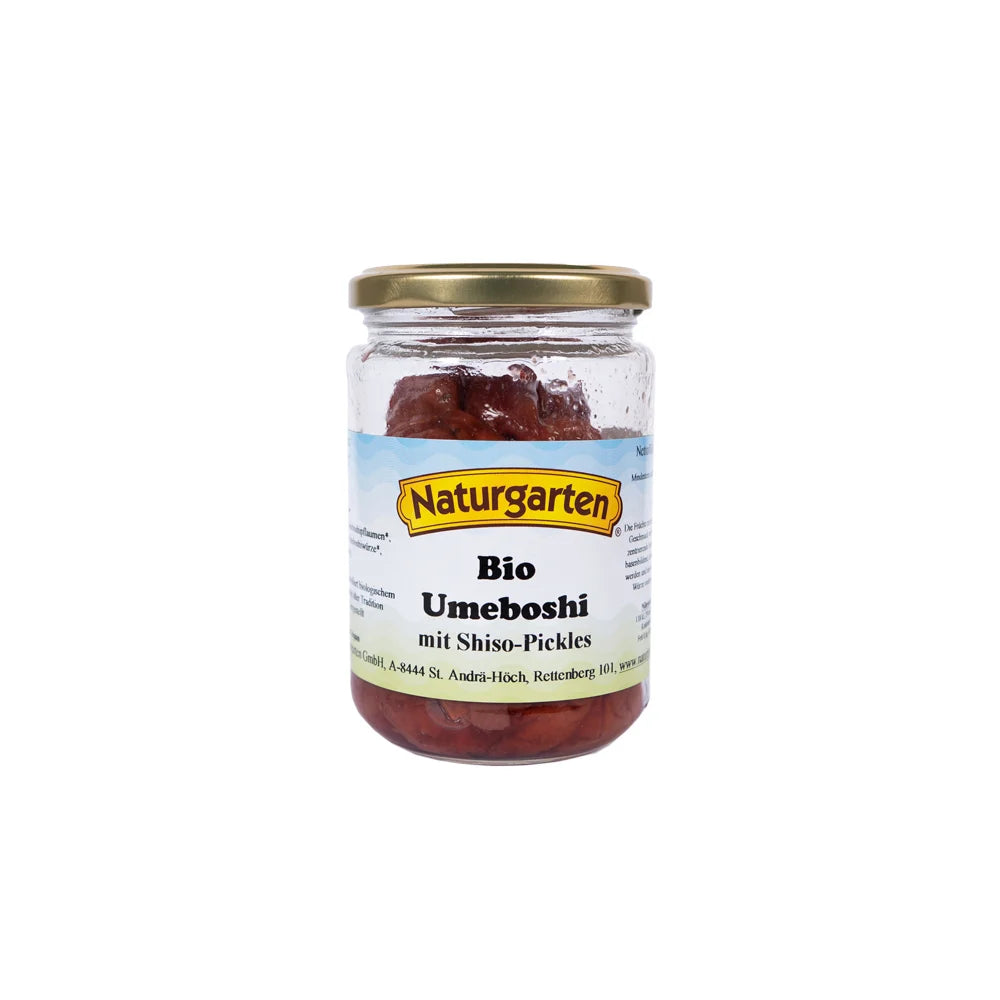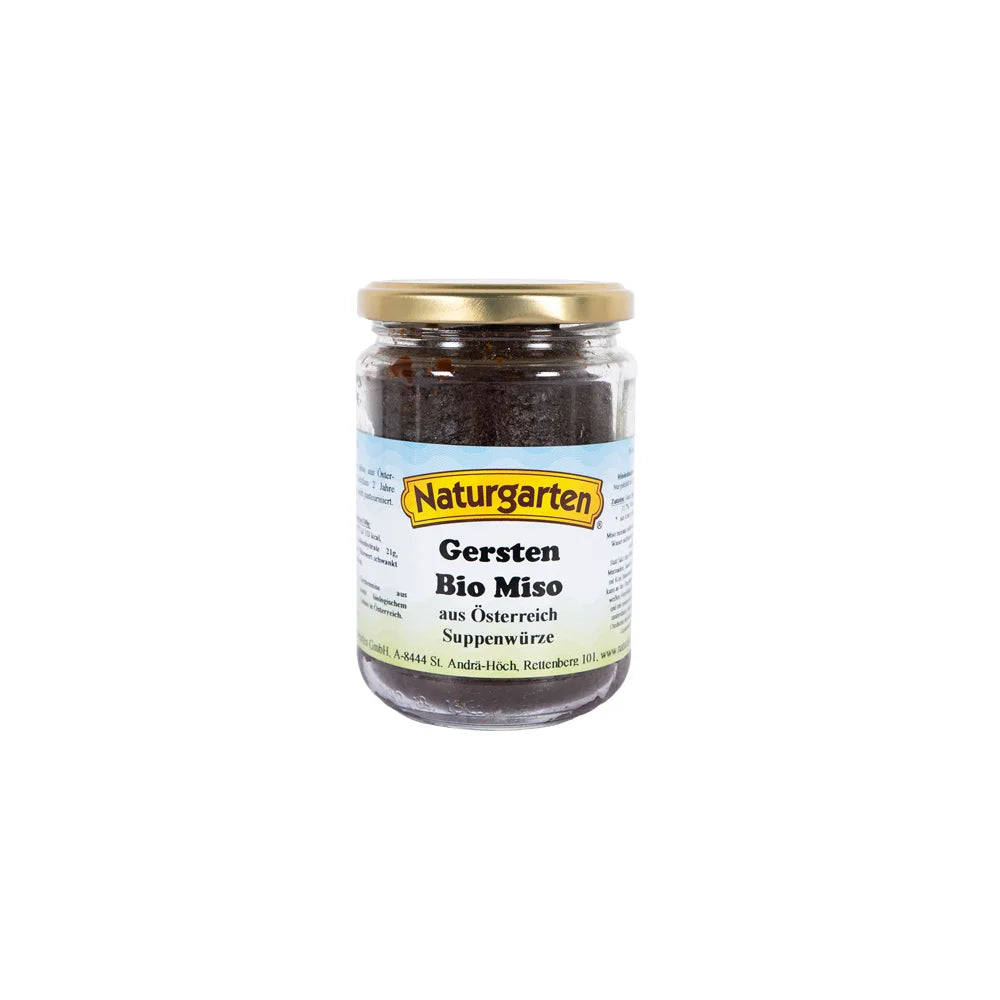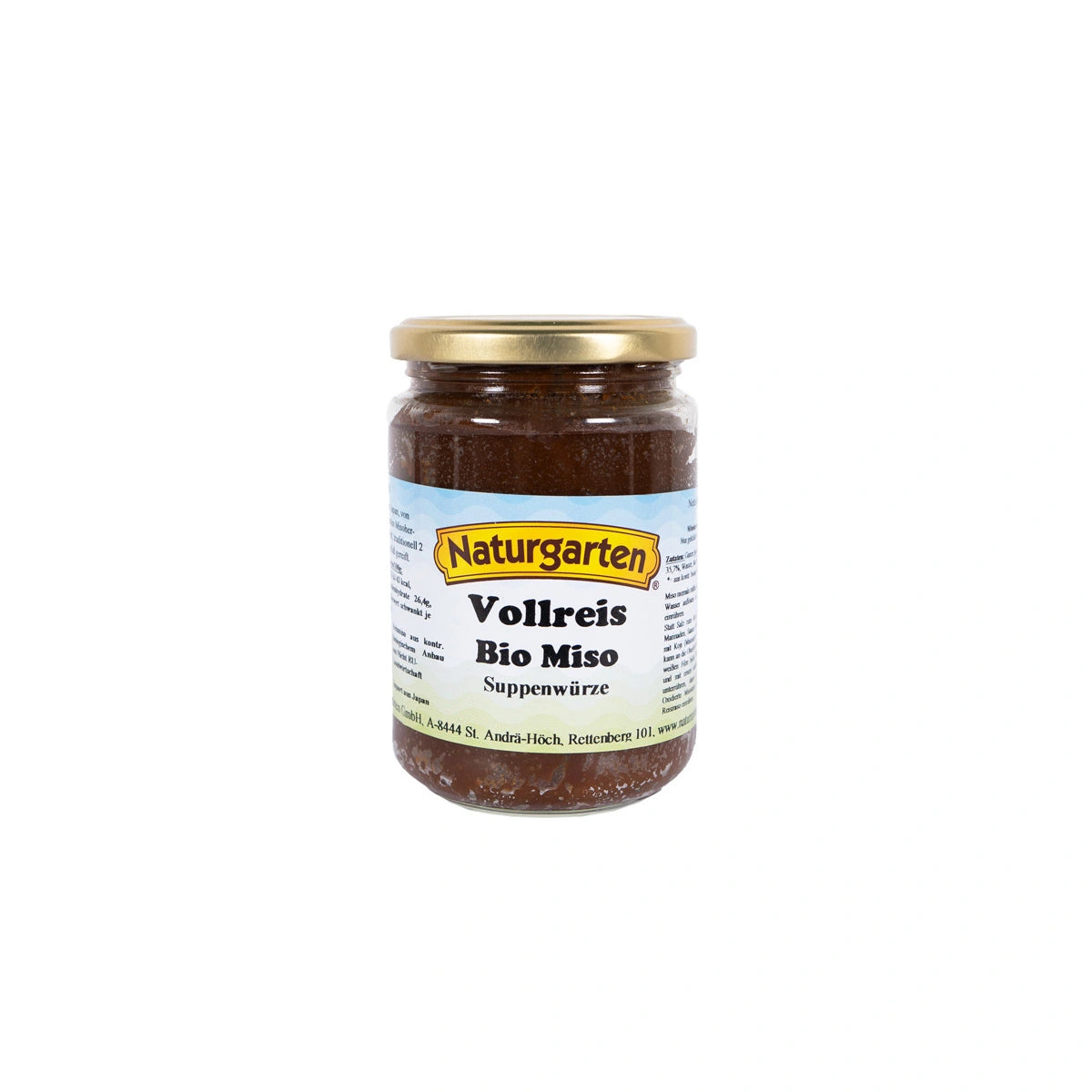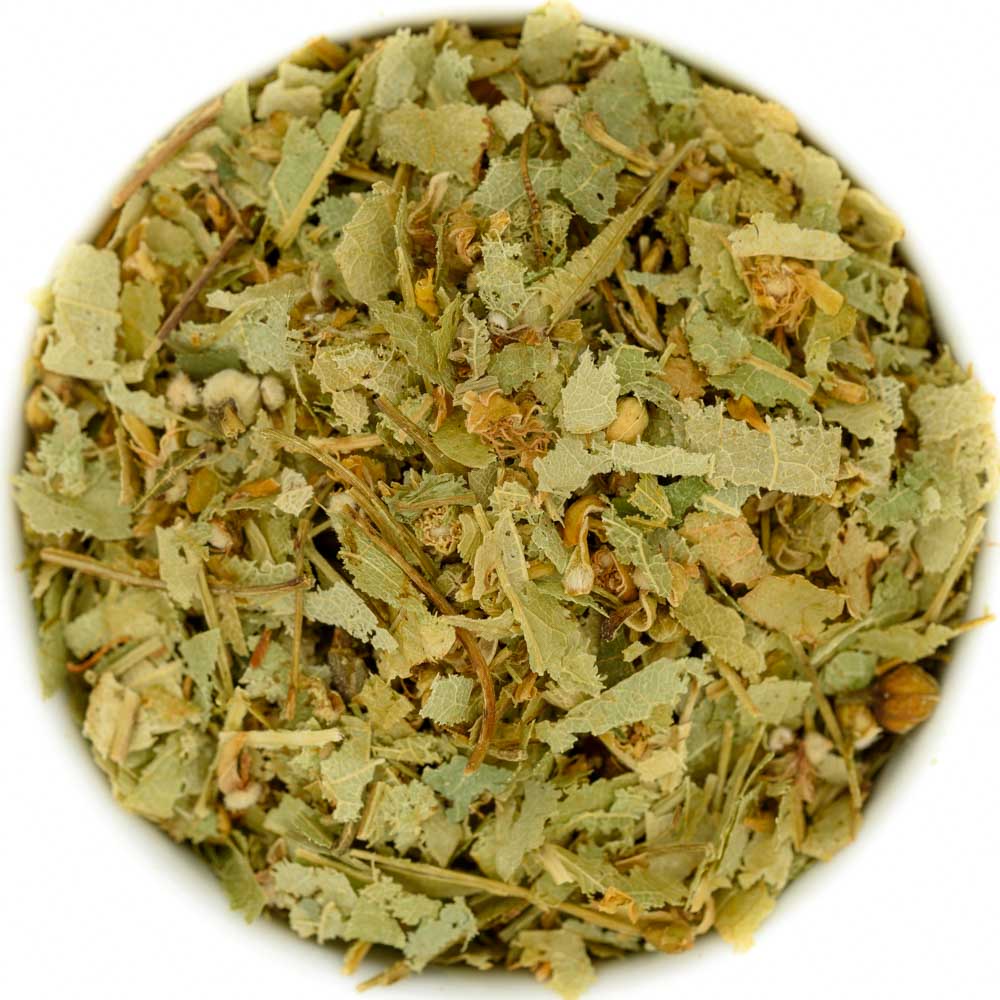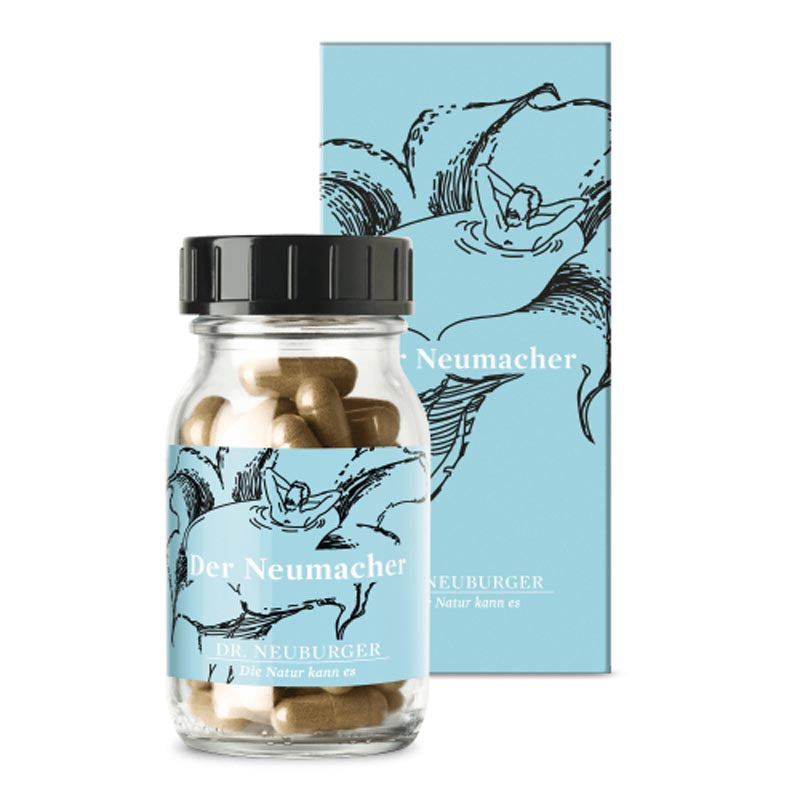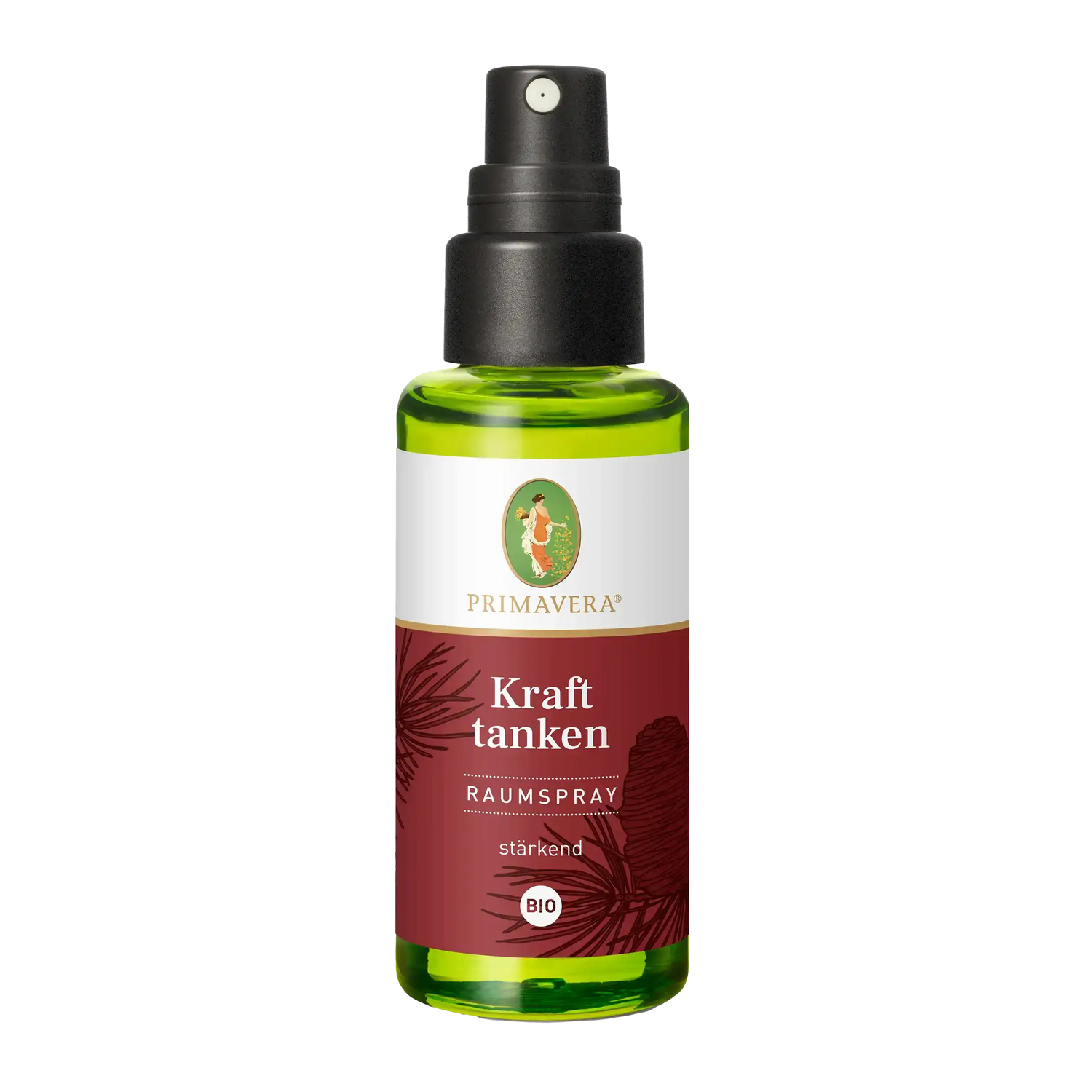Search results
Sort by:
4 results
4 results
Search results
Organic umbeboshi puree is ideal for seasoning and cooking. It is suitable as a savory seasoning in spreads, sauces, and dishes.
Tip from the herbalists: Drink miso and umeboshi mushroom as a warming, strengthening drink.
More information on our website www.kräuterdrogerie.at
Umeboshi from Japan are botanically a type of apricot. However, they are often referred to as plums. They are known as umeboshi plums. They have excellent physiological effects, most notably a strong alkalizing effect on the stomach and intestinal tract.
In Japan, they are pickled and fermented in sea salt with shiso for approximately six months in large wooden barrels. They are then packaged as salted plums in jars or processed into puree. This process produces a high-quality product that can exert its soothing effect, especially on hyperacid stomachs and intestines, without side effects.
Since they are very salty (Yang) and often only very small amounts are needed, they should be used carefully in small portions, e.g. as a spice paste for pies, spreads and dishes or as an infusion.
Recipe for hyperacidity:
Bring 100 ml of water to a boil, while stirring 1 tablespoon of kuzu into cold water.
Remove boiling water from the heat and stir the kuzu, which has been dissolved in cold water and mixed thoroughly, into the hot water until a smooth, glassy porridge forms. Now stir 1 level teaspoon of umeboshi puree into the porridge and enjoy warm.
You can stir parts of an umeboshi plum or the umeboshi puree into a ready-made soup, or stir it into cooked vegetables to add more flavor to the dish.
Click here for miso .
Whole organic umeboshi plums with shiso leaves.
Umeboshi from Japan are botanically a type of apricot. However, they are often referred to as plums. They are known as umeboshi plums. They have excellent physiological effects, most notably a strong alkalizing effect on the stomach and intestinal tract.
In Japan, they are pickled and fermented in sea salt with shiso for approximately six months in large wooden barrels. They are then packaged in jars as salted plums. This process produces high-quality plums that can exert their soothing effect, especially on overly acidic stomachs and intestines, without any side effects.
Since the organic umeboshi with shiso are very salty (yang) and often very small amounts are sufficient, they should only be used in small portions, but preferably daily.
Tip from the herbalists: Drink miso and umeboshi mushroom as a warming, strengthening drink.
More information on our website www.kräuterdrogerie.at
Recipe for hyperacidity:
Bring 100 ml of water to a boil, while stirring 1 tablespoon of kuzu into cold water.
Remove boiling water from the heat and stir the kuzu, which has been dissolved in cold water and mixed thoroughly, into the hot water until a smooth, glassy paste forms. Stir 1 piece of umeboshi (or 1 level teaspoon of umeboshi paste) into the paste and enjoy warm.
You can stir parts of an umeboshi plum into a finished soup or stir them into cooked vegetables to add flavor to the dish.
Or place a small piece of the plum on your tongue and suck it slowly.
Click here for miso .
Miso is fermented, mature soybean puree that contains live enzymes that aid digestion.
It contains high-quality, purely plant-based protein (all essential amino acids in an optimal ratio).
Miso is rich in minerals, which benefits our metabolism. A teaspoon of miso a day can do a lot for your well-being.
Miso also has a beauty benefit because, according to TCM, it nourishes the skin and blood, promotes cell and skin tissue regeneration, and makes skin and hair radiant.
But only if miso has not been pasteurized!
NATURGARTEN miso from Japan is produced according to ancient tradition and matures – without temperature control – for eighteen months in cedarwood barrels. Traditionally produced miso is also particularly valuable because it experiences all the seasons and their associated temperature fluctuations during the maturation process. Traditional miso production requires great care and extensive knowledge, which is passed down from miso master to miso master.
Tip from the herbalists: Drink miso and umeboshi mushroom as a warming, strengthening drink.
You can find the recipe on our website www.kräuterdrogerie.at
Do not cook the miso, but stir it into the finished dish.
Miso is also used as a seasoning in soups, sauces, and spreads, adding a rich, savory flavor to dishes. It's a good idea to use it instead of salt as often as possible.
Miso is fermented, mature soybean puree that contains live enzymes that aid digestion.
It contains high-quality, purely plant-based protein (all essential amino acids in an optimal ratio).
Miso is rich in minerals, which benefits our metabolism. A teaspoon of miso a day can do a lot for your well-being.
Miso also has a beauty benefit because, according to TCM, it nourishes the skin and blood, promotes cell and skin tissue regeneration, and makes skin and hair radiant.
But only if miso has not been pasteurized!
NATURGARTEN miso from Japan is produced according to ancient tradition and matures – without temperature control – for eighteen months in cedarwood barrels. Traditionally produced miso is also particularly valuable because it experiences all the seasons and their associated temperature fluctuations during the maturation process. Traditional miso production requires great care and extensive knowledge, which is passed down from miso master to miso master.
Tip from the herbalists: Drink miso and umeboshi mushroom as a warming, strengthening drink.
You can find the recipe on our website www.kräuterdrogerie.at
Do not cook the miso, but stir it into the finished dish.
Miso is also used as a seasoning in soups, sauces, and spreads, adding a rich, savory flavor to dishes. It's a good idea to use it instead of salt as often as possible.
What else you might like...
Autumn: Boosting Your Immune System . Autumn is a time of transition and preparation for winter. Our collection offers everything you need to strengthen your immune system and face the dreary weather with vitality. Discover warming and fortifying teas , medicinal herbs , oxymel , and dietary supplements . As your specialist in Vienna, we help you stay healthy and well-being-inspired throughout the colder months in a natural way .


